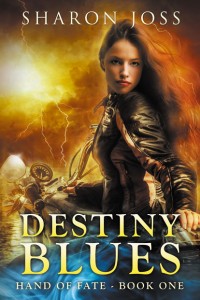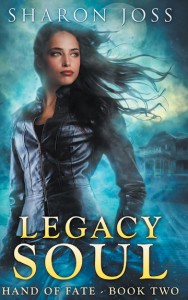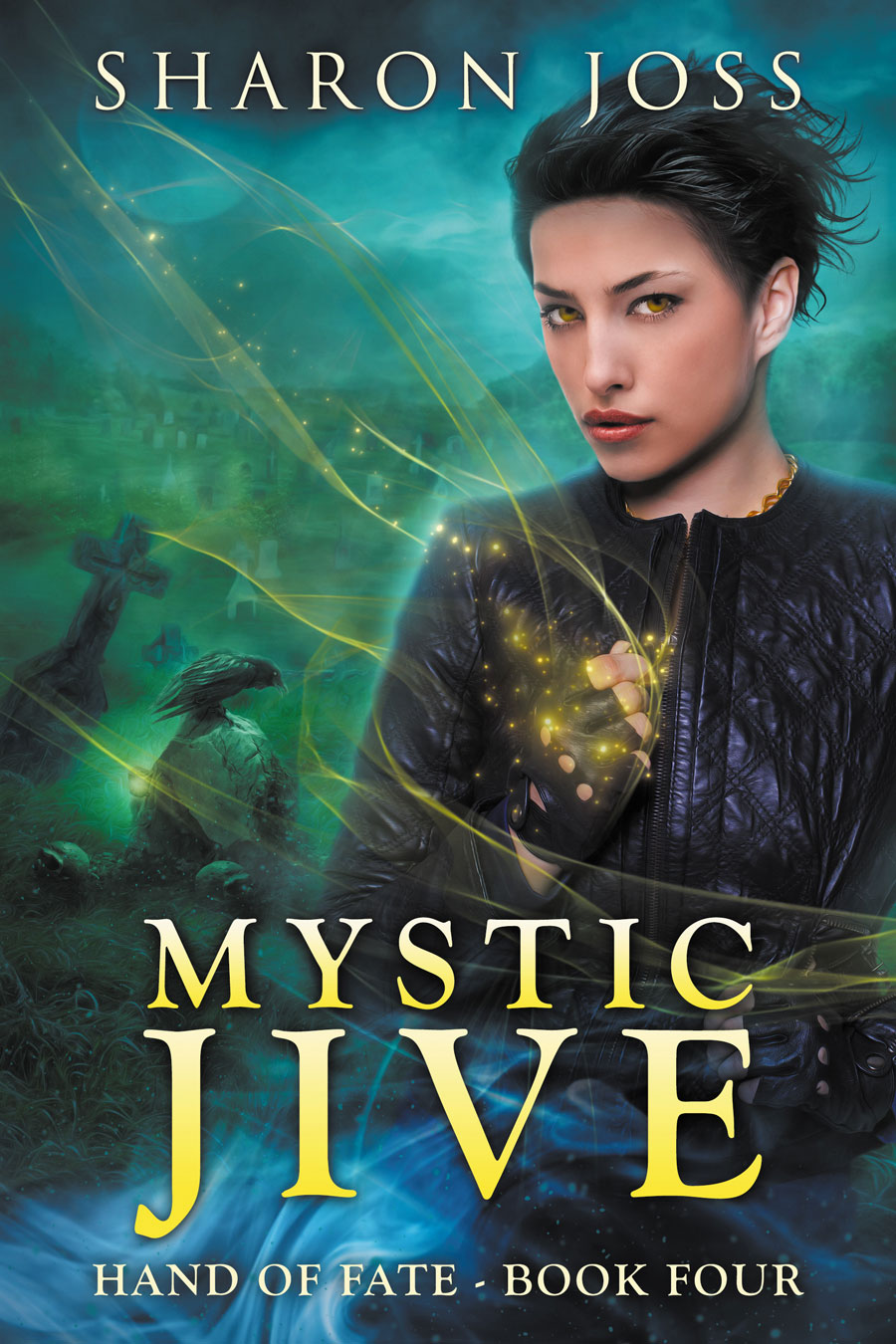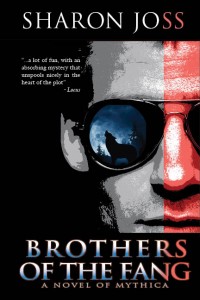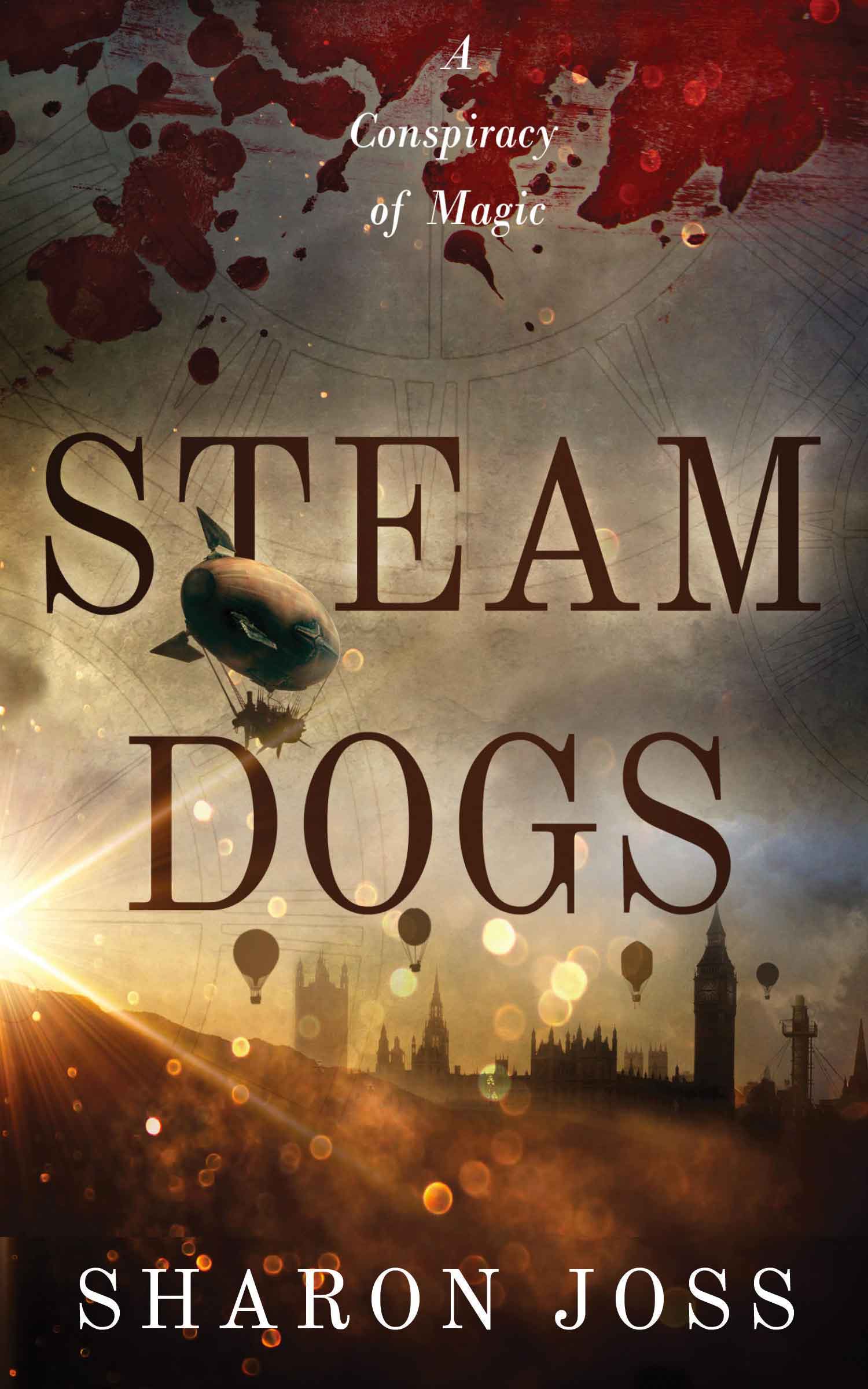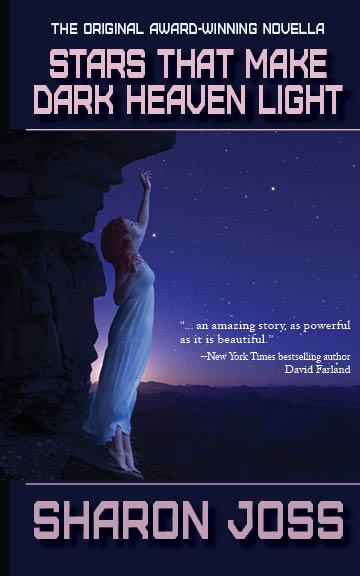 A friend of mine reposted about a writing contest sponsored by Dream Foundry the other day. As I always do, I pulled up the link to see if the theme parameters were something that matched a story I’d already written or if it was something intriguing enough that I wanted to write a new story for.
A friend of mine reposted about a writing contest sponsored by Dream Foundry the other day. As I always do, I pulled up the link to see if the theme parameters were something that matched a story I’d already written or if it was something intriguing enough that I wanted to write a new story for.
Everything looked good. Any speculative fiction considered, check. No entry fees, check. Entrants retain all publication rights, check. Anonymous submission to ensure fairness, check.
The wheels were churning until I caught the eligibility clause: “A beginner is somebody who has not yet demonstrated professional-level proficiency as determined by the market wherein they work.” SFWA members specifically excluded.
Aah. I’m out, then.
An odd, mixed-up realization flooded through me.
I’m not a beginner anymore. No way, no how. I’ve got a SFWA card and everything, so it must be true. Those days of looking for writing contests are over. I’ve critiqued writers workshop submissions. I even ghost-copyedited a major speculative fiction e-zine for a few months.
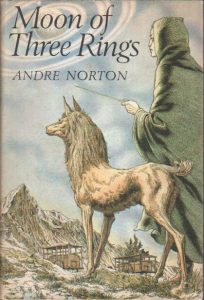 But I don’t feel like a pro.
But I don’t feel like a pro.
I’m not making my living as a full-time writer, I say. I haven’t been nominated for a World Fantasy Award, or even invited to the Hugo Loser’s Party. I’m not on anyone’s best-seller list or pushed in any “Year’s Best” anthology. I’m not a ‘name’, like King, LeGuin, Martin, Norton or Simmons. And the thing is, that stuff may never happen for me.
It doesn’t matter. I yam what I yam, and that’s a pro. Gotta keep writing. keep learning, keep growing. This is the real deal. This is the dream I wanted, manifested.
This post is not meant to be self-aggandization or a poke about turning pro or feeling sorry for anyone. This is an observation that beginning writers do have legitimate publication opportunities that are targeted exclusively toward them. Keep writing and take advantage of them whenever you can, because after a certain point, your writing will progress, and you won’t be a beginner anymore.
And you may find that you’ll think of these days of angst and striving to get ‘good enough’ never really end. They just become the good old days.

 In the seven weeks he’s been living with me, young Merlin has gone from 20.5 pounds (per the vet’s scale) to a whopping 23.6 pounds. He’s filling in and his bones no longer stand out, but he’s still ‘quite lean’, according to the vet. She says a good weight for him will be around 25 lbs, so we still have a ways to go.
In the seven weeks he’s been living with me, young Merlin has gone from 20.5 pounds (per the vet’s scale) to a whopping 23.6 pounds. He’s filling in and his bones no longer stand out, but he’s still ‘quite lean’, according to the vet. She says a good weight for him will be around 25 lbs, so we still have a ways to go. I think the action broke something open inside him–gave him permission to embrace his inner puppy. It took him about 30 minutes to destroy the box, and when he was done, he made a bee-line to the pink piggy and claimed it for his own.
I think the action broke something open inside him–gave him permission to embrace his inner puppy. It took him about 30 minutes to destroy the box, and when he was done, he made a bee-line to the pink piggy and claimed it for his own. Behold!
Behold! For most of this past year, I’d been looking for a dog; the adoption websites, rescue organizations, you name it. I knew I would know him when I saw him, and I did. When I went to look at him, he was emaciated, smelled something awful, and his coat was so badly matted, it took me a week to clean it up enough to give him a bath–and it was clear to me he’d never had a bath before. Never been to a vet, either. The first week I had him, he wouldn’t make eye contact, but he’s coming out of it.
For most of this past year, I’d been looking for a dog; the adoption websites, rescue organizations, you name it. I knew I would know him when I saw him, and I did. When I went to look at him, he was emaciated, smelled something awful, and his coat was so badly matted, it took me a week to clean it up enough to give him a bath–and it was clear to me he’d never had a bath before. Never been to a vet, either. The first week I had him, he wouldn’t make eye contact, but he’s coming out of it. Great day for a hike this weekend. Temps in the 70s, and birds are everywhere you look; the gorgeous greens of Oregon are at their lushest best in the springtime.
Great day for a hike this weekend. Temps in the 70s, and birds are everywhere you look; the gorgeous greens of Oregon are at their lushest best in the springtime. I didn’t see much in the way of wildlife, other than a bit of rustling in the underbrush and couple of Steller’s Jays (I’d hoped to see deer or fox). Next time, I think I’ll go earlier in the morning. However, the wild iris was in bloom and beautiful.
I didn’t see much in the way of wildlife, other than a bit of rustling in the underbrush and couple of Steller’s Jays (I’d hoped to see deer or fox). Next time, I think I’ll go earlier in the morning. However, the wild iris was in bloom and beautiful. Sigh.
Sigh.  There’s a term in archery called Archer’s Paradox, which refers the effect produced by an arrow flexing as it leaves the bow. To my mind, it’s an expression that also aptly describes story as it is loosed from the author’s mind onto the page. Whether you’re a pantser or a plotter, the story flexes from what you planned to write before the words show up on the page.
There’s a term in archery called Archer’s Paradox, which refers the effect produced by an arrow flexing as it leaves the bow. To my mind, it’s an expression that also aptly describes story as it is loosed from the author’s mind onto the page. Whether you’re a pantser or a plotter, the story flexes from what you planned to write before the words show up on the page. It was
It was  It worked.
It worked. One of the secrets of writing good dialog is to make every character sound unique. As a writer, you want your dialog (both the internal and communication between your characters) to also sound natural. And it’s got to sparkle. To that effect, many fiction writers pepper their prose with informal expressions (often ingrained since childhood) known as Idioms & Colloquialisms.
One of the secrets of writing good dialog is to make every character sound unique. As a writer, you want your dialog (both the internal and communication between your characters) to also sound natural. And it’s got to sparkle. To that effect, many fiction writers pepper their prose with informal expressions (often ingrained since childhood) known as Idioms & Colloquialisms.  But the thing is, both techniques are considered among the deadly sins in fiction. In particular, slang use tends to go in and out of fashion, and idioms or jargon can mystify the reader, who tend to skim over the phrase (and pop right out of the story). This is deadly for any writer, and most editors viciously target idioms and colloquiallisms for deletion.
But the thing is, both techniques are considered among the deadly sins in fiction. In particular, slang use tends to go in and out of fashion, and idioms or jargon can mystify the reader, who tend to skim over the phrase (and pop right out of the story). This is deadly for any writer, and most editors viciously target idioms and colloquiallisms for deletion. Unique? Check. Natural-sounding? Check. Cliche? Not on your life. Ordinary characters don’t talk this way. These characters are compelling in their language and point of view. They sparkle. Tell me you didn’t drink up every word of every sentence and want to read more.
Unique? Check. Natural-sounding? Check. Cliche? Not on your life. Ordinary characters don’t talk this way. These characters are compelling in their language and point of view. They sparkle. Tell me you didn’t drink up every word of every sentence and want to read more.